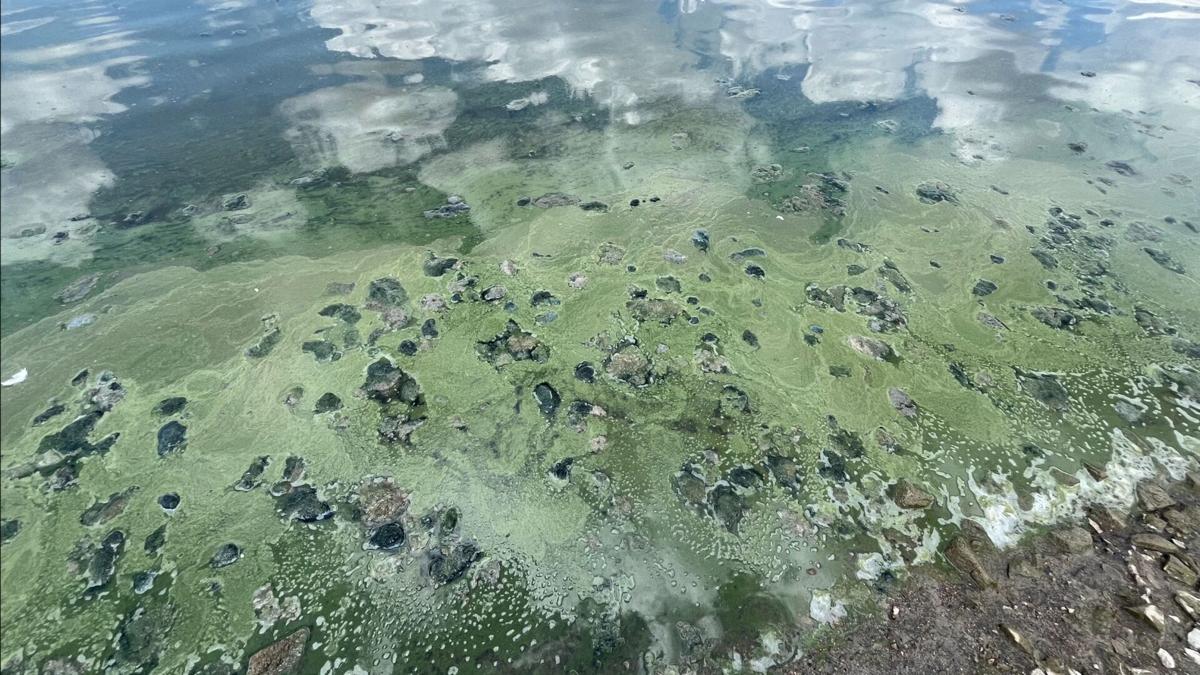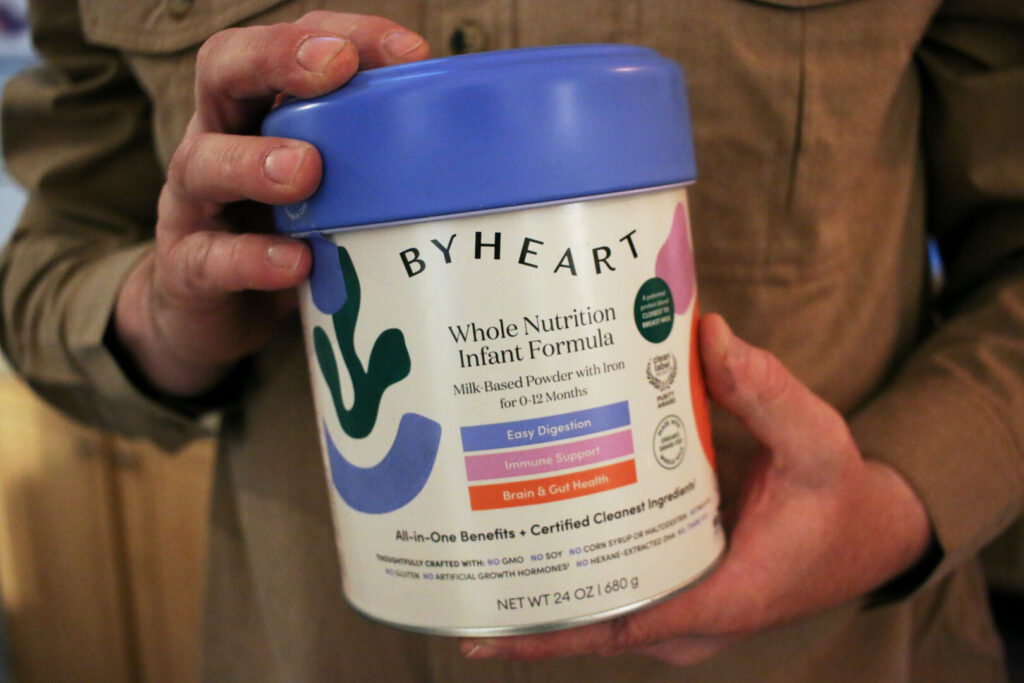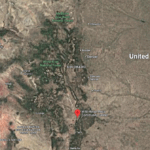“It’s possibly fatal if ingested”: CPW issues warning about toxic algae at Colorado lake

Colorado Parks and Wildlife has issued a warning urging the public to avoid contact with the water at DeWeese Reservoir near Westcliffe due to a toxic algae bloom.
The warning was issued on August 19, with this warning being the first of its type for this location this summer. Last year, a similar warning was issued at the end of July.
“Algae has become a seasonal problem at DeWeese, forcing CPW to alert the public in recent summers of dangers to all activity except fishing to prevent the risk of exposure to humans and their pets,” said CPW District Wildlife Manager Justin Krall. “The algae can be harmful to people and pets if touched. It can give sensitive people a bad rash, for example. And it’s possibly fatal if ingested.”
Signs have been posted at the reservoir that explain the risks of algae blooms. Anyone who comes in contact with the water should immediately rinse off. Pets that come in contact with the water should be bathed as soon as possible.
The warning followed the discovery of dangerous levels of toxicity in the water, as well as elevated levels of algae present in a turquoise-color film found on the surface of the reservoir.
Algae blooms are fairly common in Colorado, a side effect of rising summer temperatures. Water quality is monitored regularly given this reality. No method is used to remove the toxins from lakes, with the issue eventually solving itself.
While fishing can still take place if a toxic algae bloom is present, extreme caution should be exercised in avoiding contact with water and cleaning fish properly to avoid toxins that accumulate in the liver and guts of fish.
Find additional information here.

















